SC stays interim order against Centre's notice on Aadhaar for social schemes
Tue 27 Jun 2017, 16:05:36
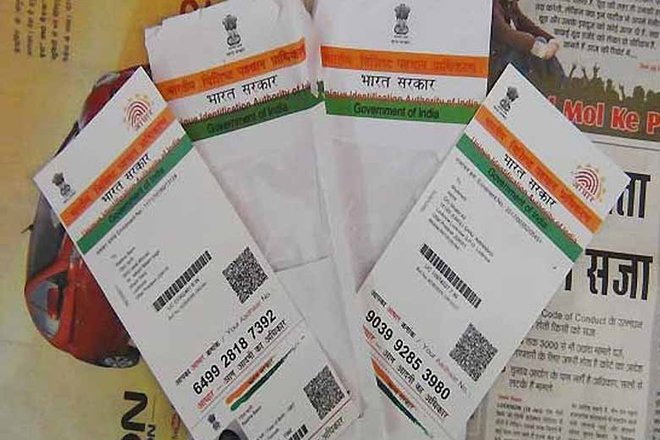
The Supreme Court on Tuesday refused to ask the government to not insist on the Aadhaar card for social welfare schemes while saying there was no proof that people who didn't have the identification number were being denied benefits.
A vacation bench of justice A M Khanwilkar and justice Navin Sinha said no interim order could be passed on the "mere apprehension" of petitioners that government could deprive people from availing benefits due to lack of Aadhaar.
The court was responding to a petition that challenged the government's February 8 and June 22 notifications extending the deadline for enrolling in the world's biggest biometric identification programme.
The government had in February set June 30 as the last day to get the 12-digit unique identity number but eight days before it was to lapse, the deadline was extended to September 30.
Additional solicitor general Tushar Mehta told the court the Centre has extended the June 30 deadline to September 30 for those beneficiaries who didn't have Aadhaar.
Senior advocate Shyam Diwan told the court that the
government's June 22 notification would hit children hard and deprive them of the mid-day meal, the world's biggest school lunch programme.
government's June 22 notification would hit children hard and deprive them of the mid-day meal, the world's biggest school lunch programme.
Diwan also said the notification would impact women and children saved from traffickers.
"We cannot pass orders on mere apprehension," the court said, asking Diwan to show violations, if any, because of the Aadhaar notification.
Mehta said the government had identified 10 identity documents such as voter ID, PAN card, driving licence and ration cards for disbursal of benefits under the various social welfare schemes.
The court, which asked the government to file an affidavit in support of Mehta's claim by July 4, will now hear the case on July 7.
Diwan was appearing for Shanta Sinha, a former chairman of the national commission for protection of child rights.
The government is pushing for Aadhaar, saying it is necessary to plug leakages in its subsidy schemes and to ensure benefits reach those targeted. But critics say the move violates privacy, is vulnerable to data breaches and helps government spy on people.
No Comments For This Post, Be first to write a Comment.
Most viewed from National
Most viewed from World
AIMIM News
Latest Urdu News
Most Viewed
May 26, 2020
Is it right to exclude Bangladesh from the T20 World Cup?
Latest Videos View All
Like Us
Home
About Us
Advertise With Us
All Polls
Epaper Archives
Privacy Policy
Contact Us
Download Etemaad App
© 2026 Etemaad Daily News, All Rights Reserved.

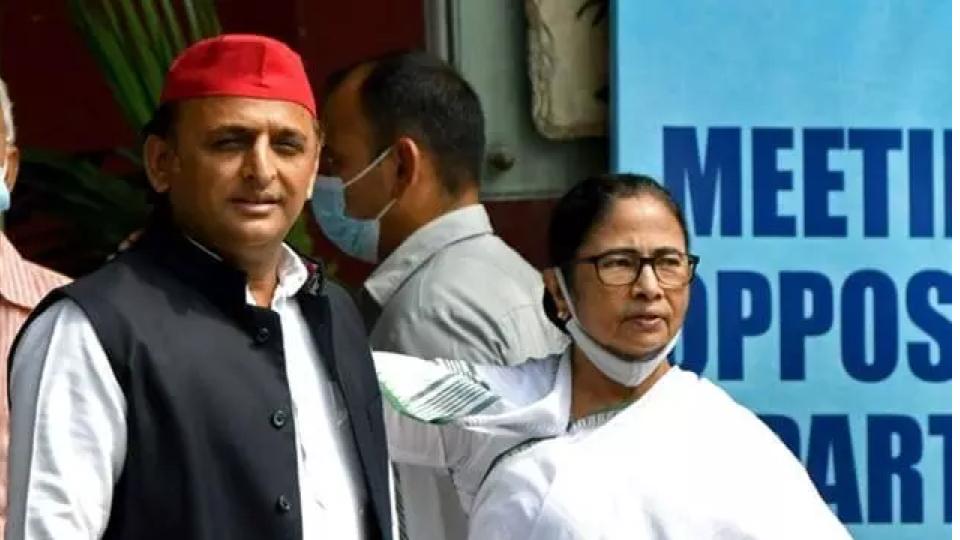

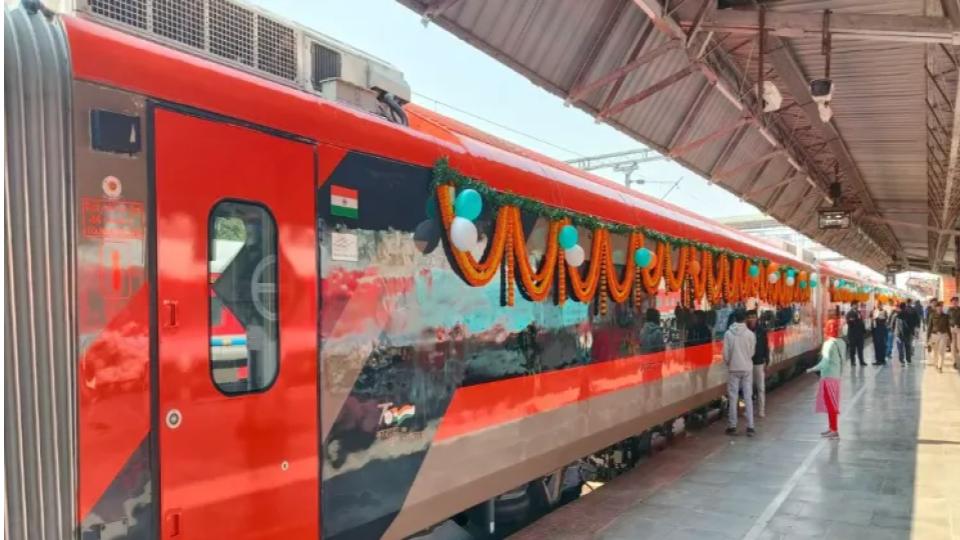
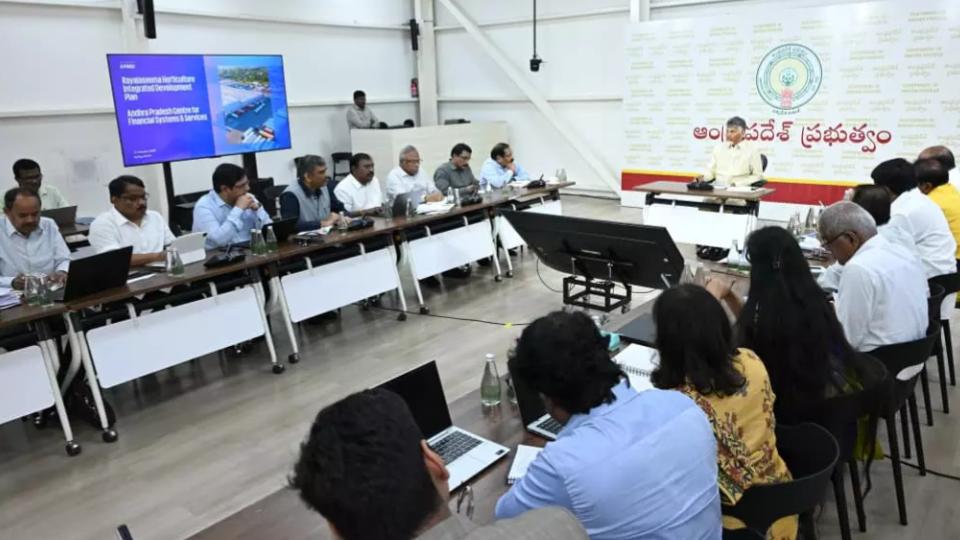
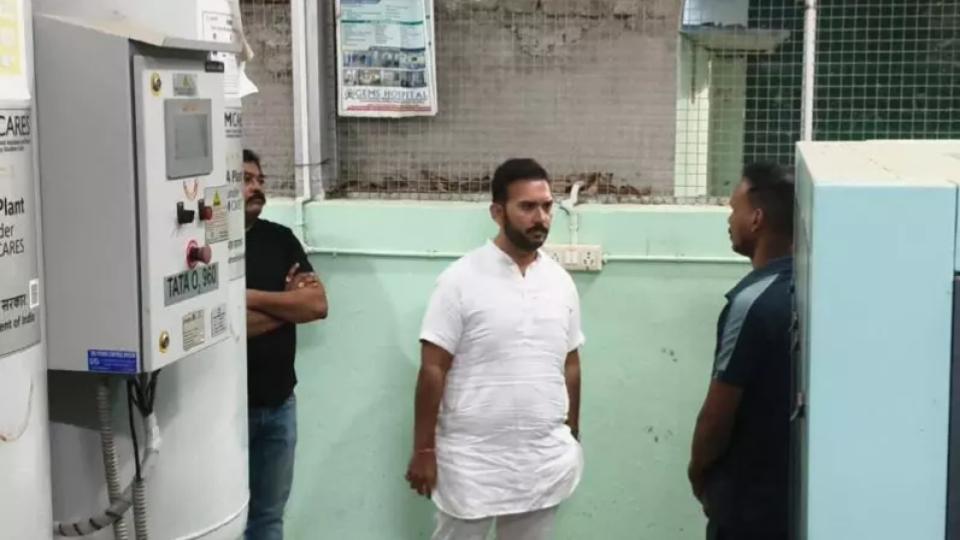

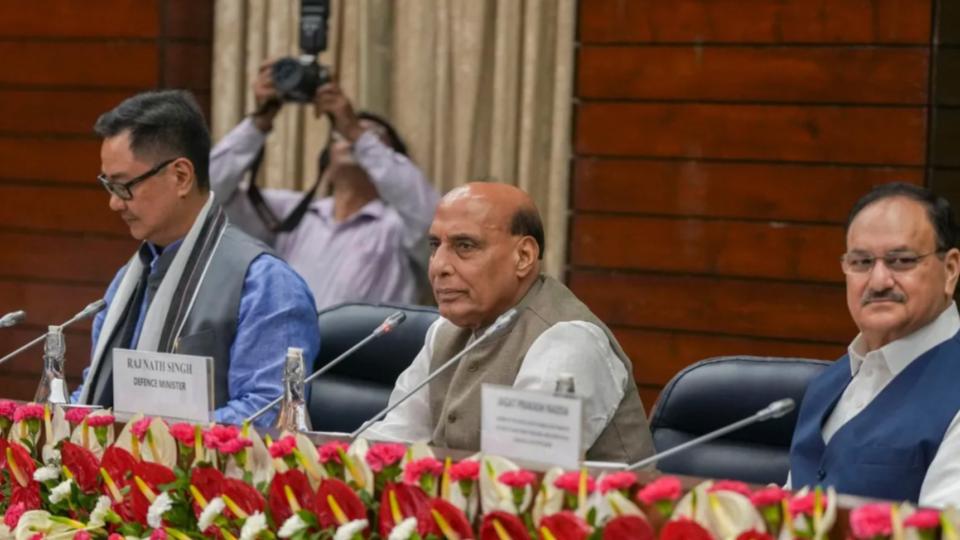
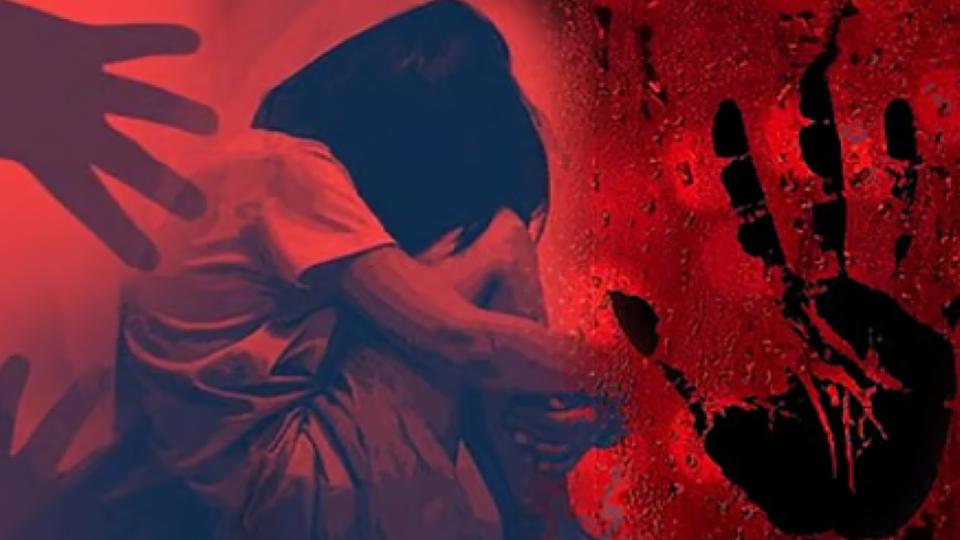

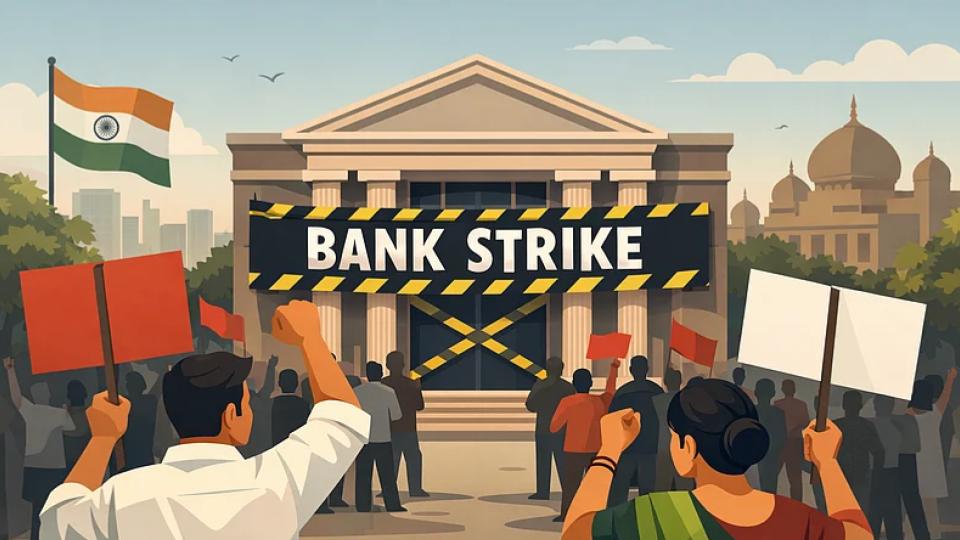

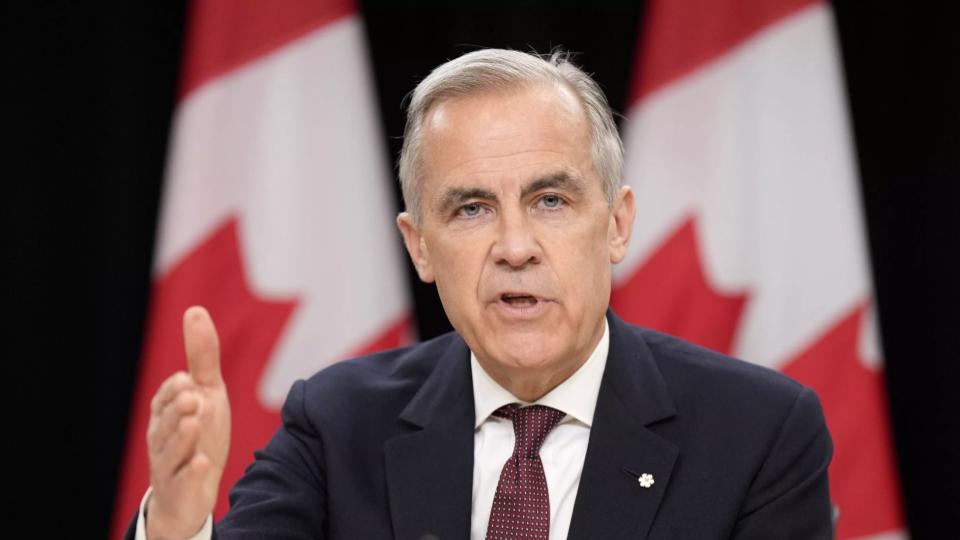
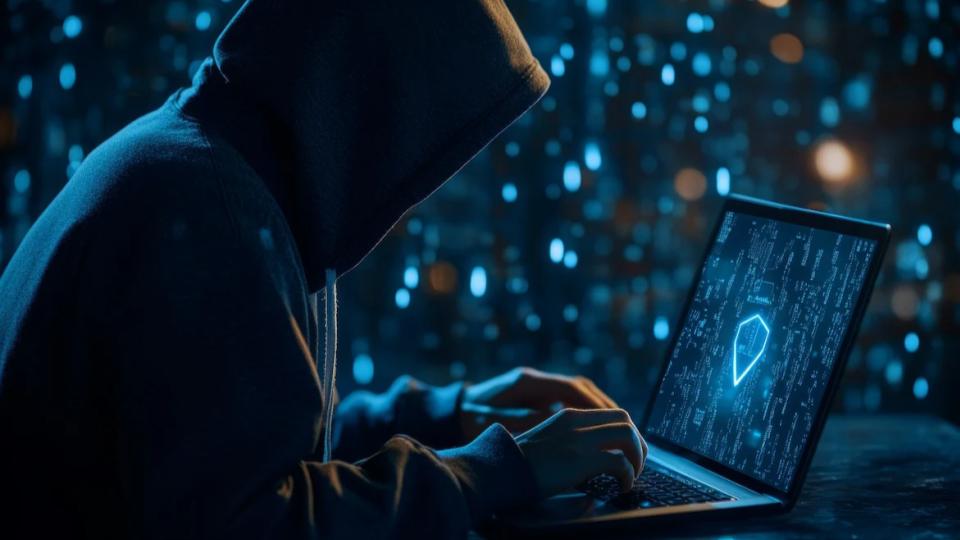
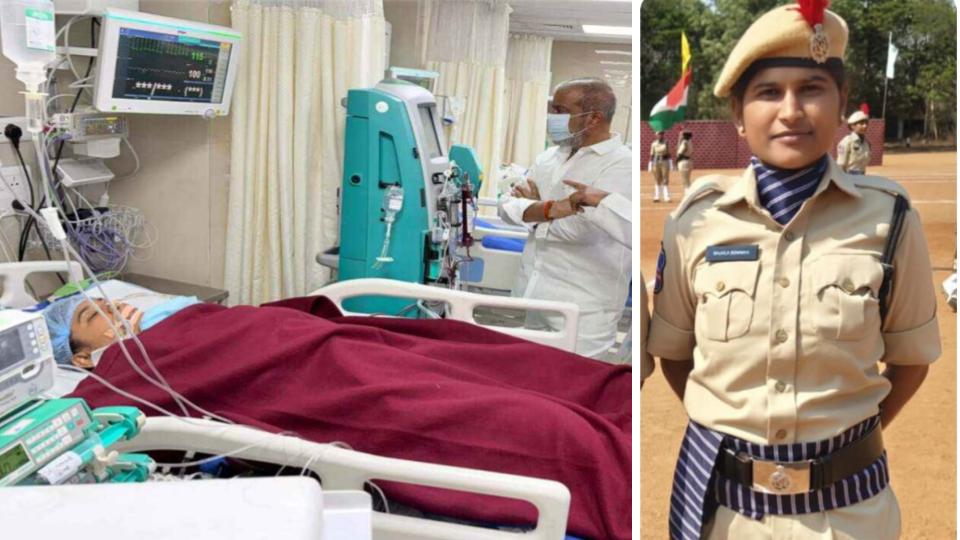
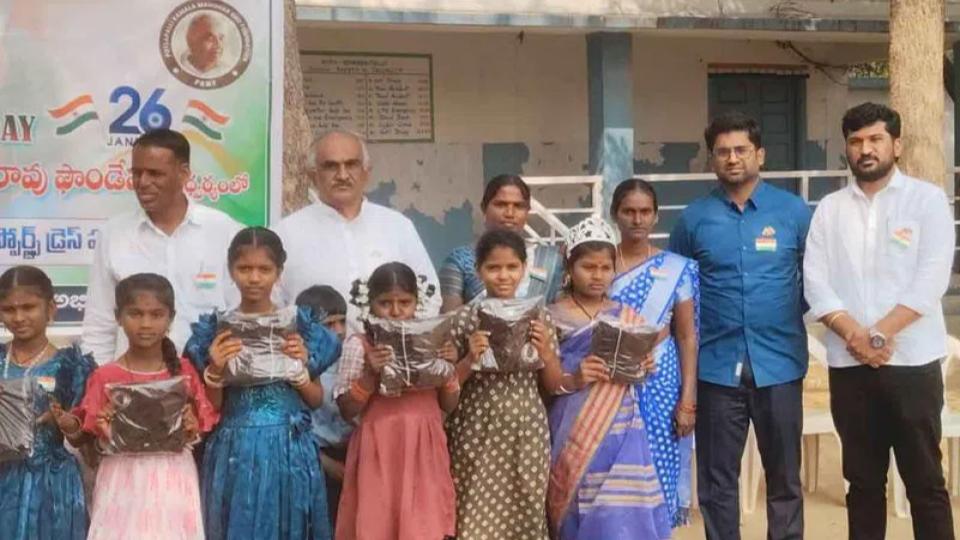
.jpg)
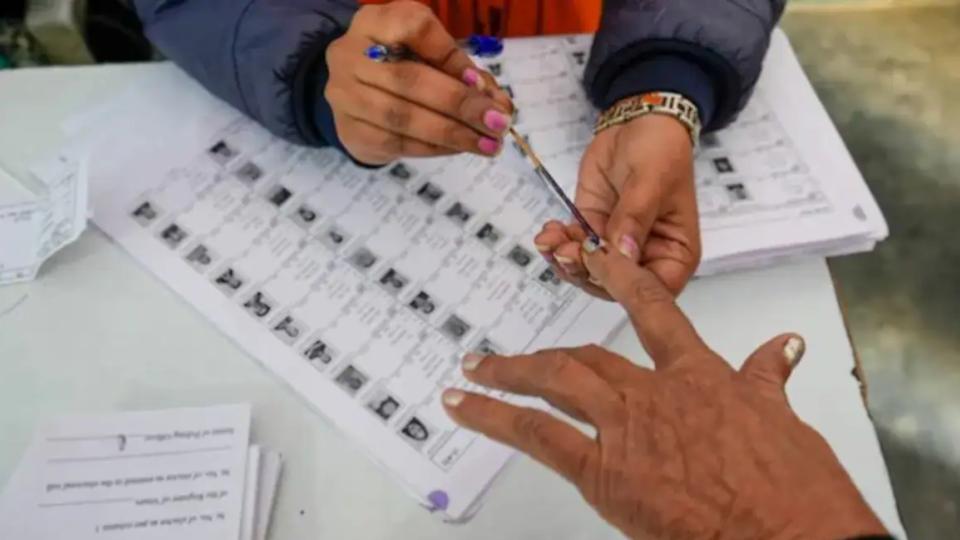
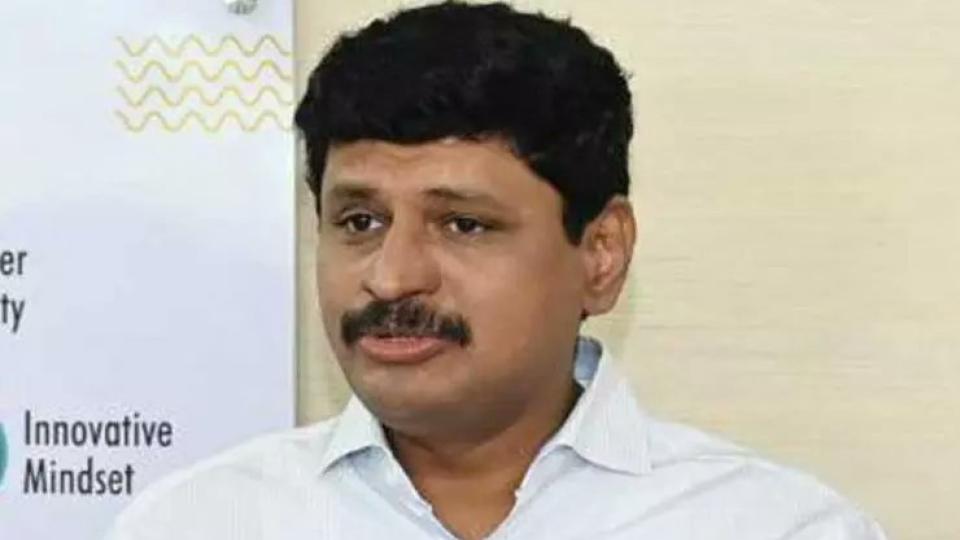
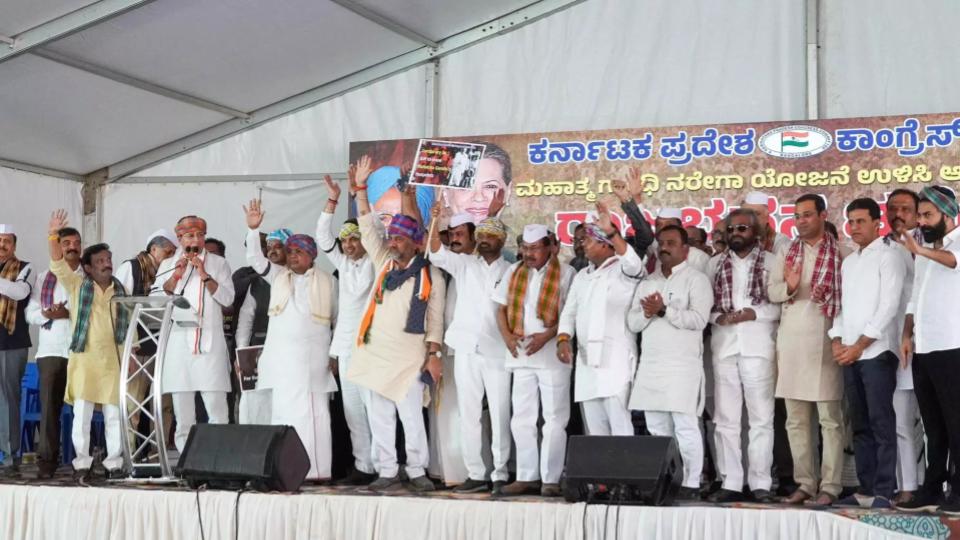

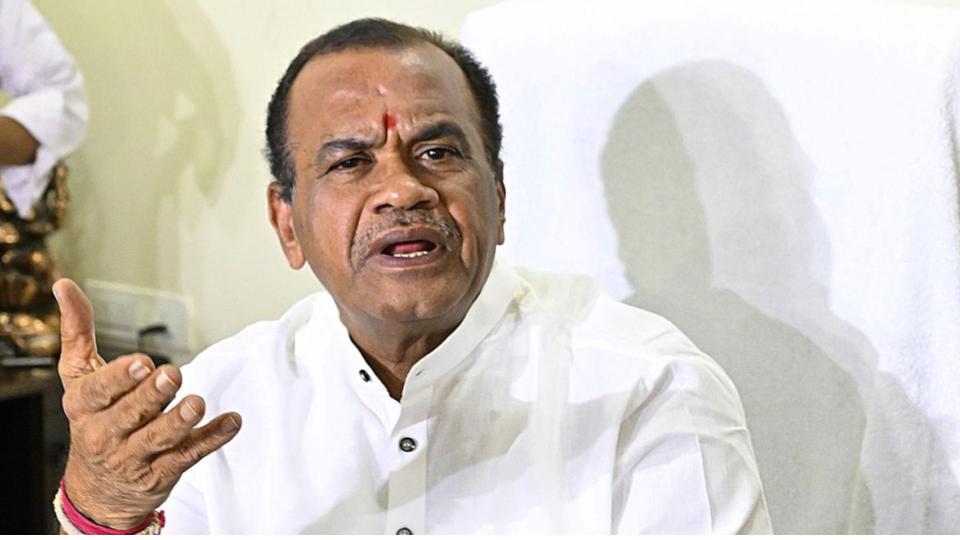
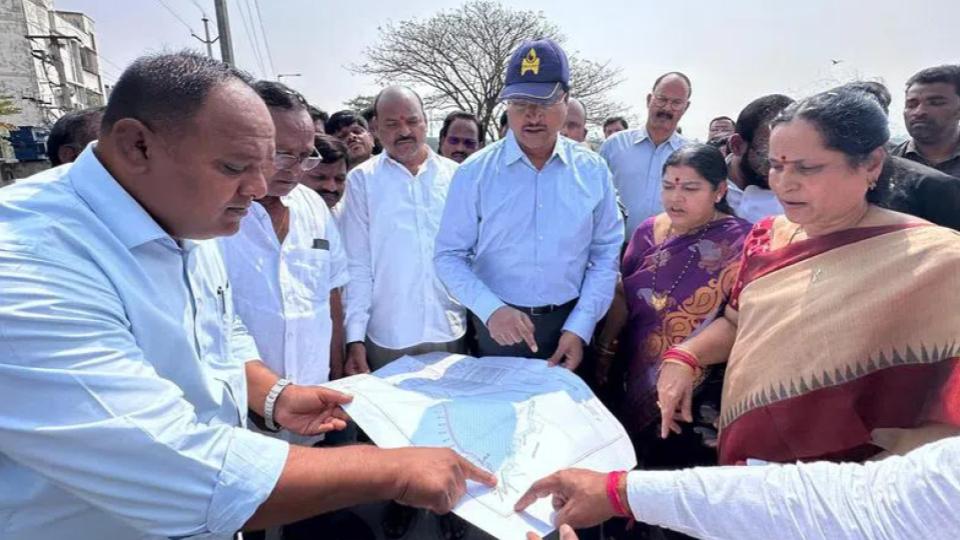
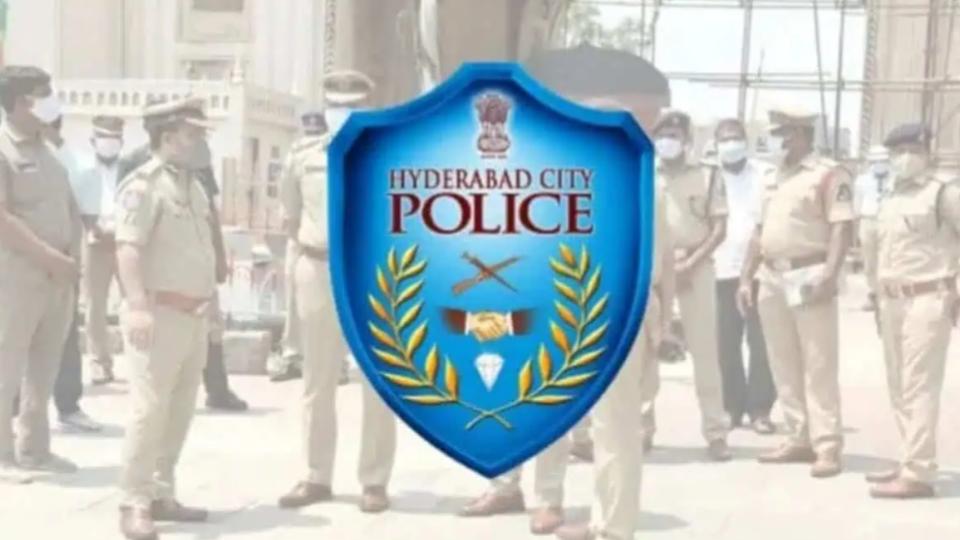
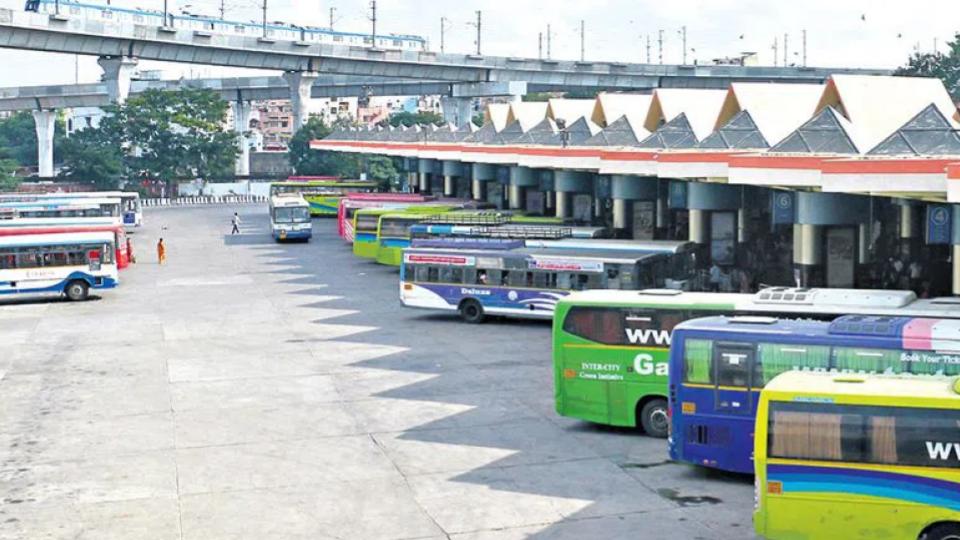

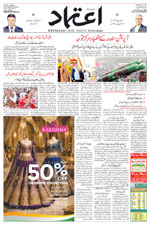










.jpg)
.jpg)
.jpg)


